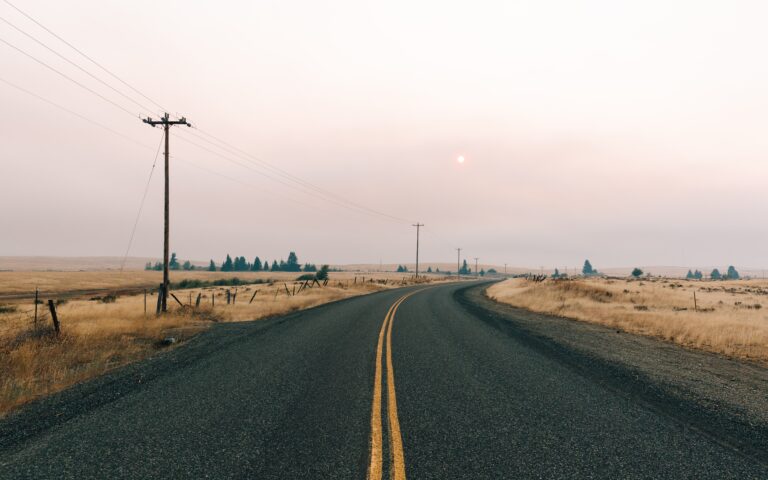What We Do
The Need
In 2018, OWhN applied for and received a HRSA planning grant and established a community task force to address opioid and substance use in our region. We found that there were three main areas of need:
- Individuals and families need and are not receiving direct services (such as preventative, primary, and specialty care visits to health providers, inpatient and outpatient mental and behavioral health services for concerns such as depression, anxiety, and substance use disorder).
- When local organizations do provide these direct services, they do not have the capacity to serve all who are in need – creating scarcities and deficiencies in care.
- We do not have enough healthcare workers to serve our entire population.
What is OWhN Doing About It?
When we were created in 2014 by the Yellowhawk Tribal Health Center (TYHC) many of the same concerns were forefront in our community. Through additional grant funding we have accomplished and continue to work on:
- The COPES crisis center and clinic: providing primary care, short-term crisis housing, medication management, assessments and counseling, and peer support to individuals and family impacted by opioids or other drug use.
- We’re continuing to collaborate with our partners for harm reduction services by providing counseling, education, and reducing stigma around substance use disorders.
- We will continue to utilize our three existing peer centers to outreach and address service needs of individuals and families. Peer centers provide counseling services led by community members who are in recovery and have extensive training in providing care. They offer empathy and a welcoming and judgement free space.
- Not everyone has the ability to regularly come into a clinic to receive care. We’re expanding telehealth services with our partners at Grande Ronde Hospital and three other hospital partners so we can meet with patients online and get them the services they need.
- We have big plans that will have an even bigger impact.

We know that opioid use disorder and substance use disorder have been of major concern for decades. We also know that healthcare is not segmented or limited by specific categories and to best serve our community, we need to treat the whole person:
- Healthcare Access and Equity: We operate a clinic and three peer centers. We’re working with our partners to bring more healthcare dollars to our region and are increasing access to telehealth so our community members can see specialists when needed even if they’re not geographically close.
- Education: We’re working with schools and community partners to build curriculum around nutrition, life skills, and substance use prevention.
- Social and Community Support: We train peer mentors from our community to provide support for those on the road to recovery. We can proudly say that several of our peer mentors have gone on to become state certified substance abuse counselors.
- Economic Stability: We provide trainings and continuing education in life and job skills alongside mental and physical wellness and substance use prevention.
- Housing: We collaborate with our partners to break down barriers for access to housing, shelter, sober living, and transitional and detox housing.
